Start a revolution & print your own money when you grow your own food! Fresh, quality, organic produce is ideal food for vibrant health, but not always affordable or accessible. Growing our own organics is a way for us to take our food into our own hands.
It’s no secret that fresh, organic fruits and vegetables are ideal for our physical health. But depending on where you live and what your circumstances are, getting access to quality produce can be challenging. Our food system is broken in more ways than one. We have a long and hard battle to fight not only for the trillions of sentient beings killed for its “products,” but also for the inequality of food distribution, among other concerns. One of the simplest and most empowering (literally) grassroots solutions is growing our own food. [tweet this]
In an upcoming video I’ll cover some exciting grassroots initiatives that are transforming urban spaces into community gardens and working to bring fresh produce to food deserts and individuals in need. Today’s video is about getting started growing in your own home, apartment or residence, and the importance taking our food back into our own hands. [tweet this]
To help me share this important topic, I had the honor of speaking with three knowledgeable individuals. Jesse from the Instagram account vegantake0ver, who we met in the video on feeding the homeless of New York, and whose son Jesse Jace will be appearing in upcoming vegan kids interviews; Joan from the Instagram account and upcoming website HOG, Health Organic Green, who helps people get started growing with great tips, creative ideas, and by sending organic seeds through the mail; and Carlos Espinal of the 100th Seed Project, which empowers communities in reconnecting with their food source through urban farming, gardening and green space initiatives. We’ll hear more from Carlos in the upcoming urban gardening video.
Let’s start out with hearing some basics about getting started. To hear everything my guests had to share and see some of their own gardens, be sure to check out the video, but here are some choice nuggets:
Jesse: “I have a huge patio in my new apartment. There were a few pots that were left and I always thought, “man, let me fill these pots up.” Eventually I got some soil and seeds and I planted those pots. Things started growing so well. So the next thing you know I purchased a lot more pots, I started researching, I started going on YouTube, and Googling things, I visited local nurseries, and buying baby plants. I started slowly filling up my patio.
My first year and I never even lived in a house, always in an apartment. I’ve never had a backyard. My first year I was harvesting pounds and pounds of food—probably hundreds of pounds of food.
It gives you a great satisfaction to grow your own food, you really enjoy it. You just need to identify where and how you going to grow your food; are you going to grow it on your balcony? Are you going to grow it in the ground. You need to find a place with direct sun because sunlight is the most important thing. You need to find some organic seeds from a trustworthy place, you don’t want to be using GMO seeds. Visit a local nursery and find out what plants grow in your growing zone because typically we don’t know what type of plants grow where we are living.”
Carlos: “See if there’s a local farmer’s market, CSA, or a community garden that you can go visit and volunteer. Don’t be afraid to take some time out of your day and put that work in and learn. It’s all there you just got to find it. Don’t be afraid to search, or to feel like you don’t know enough because we all have to start somewhere.”
Joan: “I’ve been growing food for over thirty years. Twenty-eight of them right here in our own backyard. We removed the deck that used to sit right here and replaced it with a partial shade garden. When Hurricane Sandy hit, our roof got damaged and we needed to replace the gutters. The banged up ones were up-cycled and are now hanging in the back, they grow our lettuces.
Over the years we learned how to grow more food in less space. Thanks to social media we’ve been able to teach people to grow their own food anywhere. We started balcony gardens in Miami, hydroponic gardens, rooftop gardens, and window sill gardens. We’ve visited community gardens and CSA’s. Folks have started produce gardens right at their job place.”
Reclaiming our food system is such a powerful action. Self-procaimed Gansta Gardener Ron Finley says that “gardening is the most therapeautic and defiant act you can do. Plus you get strawberries.”
Jesse: “I think it’s very important to reclaim our own food system because we have almost forgotten how to grow food. Growing food is a skill that we all should have in our arsenal. We go to the supermarket and we purchase everything there but we don’t know how things were grown. Not a lot of these things are grown locally, they’re not in season. When you grow your own food, you know what you’ve put in the soil, you know you grow these things organically, you know you didn’t use any pesticides.”
Carlos: “I’m a believer that by design we’re stewards of the land. We’re were meant to be in unison with the land and we have lost that. One of the most vital connections we have is to our planet. Through learning to grow our own food we also learn responsibility. We plant the seed, we nurture it. It’s like birth. You see it grow and you’re able to watch your creation blossom by nurturing it. You get a whole new respect for that process.”
Joan: “The ethics behind many organic labels have brought attention to fraud. Global concerns on the carcinogens use, on the food supply, pollinator decline, wildlife destruction leaves the consumer at risk. This is the food we’re eating, this is how important this is.
The best way to know it’s organic is to grow your own organic. To help people start their own gardens we’ve handed out countless seeds over the last two years. We used our social media platform to spread awareness and today we’ve mailed seeds that we grew right here in this backyard to thirteen-hundred-twenty-five addresses worldwide.”
Not only is growing our own food a way for us to reconnect to our food source, it’s also a way for us to overcome food insecurity and subvert the power of food corporatization. [tweet this]
Jesse: “Once your plants have gone through a few seasons you get to save seeds. Next thing you know you have your own seed bank, you have a seed collection. If something that ever happens, you have food security. Seeds may be worth more than gold if something happens in the future.
It’s a very important skill but they don’t teach this in schools most of the time. We should know how to grow our own food. If everybody grew their own food we could barter and trade. If people started planting seeds in public places, if we had fruit trees in the parks, we wouldn’t need to be reliant on buying food from major corporations. So I think it’s very important to grow your own food.”
Carlos: “Well I think the main problem is the access to food, having these food deserts. Even in the biggest cities like here in New York we have tons of supermarkets but what are they selling there? None of it is healthy. All of it is detrimental to our health. And as much food as there is around us, there is not an abundance of healthy living thriving foods. Regardless, especially in cities, there’s a growing movement of grassroots organizations and people that want to have that reconnection again. Even with the farmers’ markets. They’re bringing in access from regional farms that are growing a lot healthier, non-monocultered, non-mass produced food that our agriculture today is filled with.”
Joan: “We’re trying to make a difference because this is something simple, affordable, and needed. The environmental impact of growing your own food is immense. There are no fueled delivery systems to bring cargo ships of produce to your store, no plastic packaging up the food, and there is no fuel to purchase the food; you don’t have to get in your car and go purchase it, you go outside you pick a few items and you cook it for your dinner. It’s that easy. It increases the health of the food and it supports the ecosystem that’s right outside your door. Growing an organic garden is the easiest most repeatable way to ensure that the food you’re serving your family on their table is secure.”
Finally, home and community gardening is a great way to involve kids and young people in a fun activity that helps them connect to their food in a world where kids are more and more distanced from their food sources.[tweet this] Jesse involves his son Jesse Jace in their home gardening.
Jesse: “I think it’s really important for children to see where and how food grows because if kids grow kale, kids will eat kale. If kids grow tomatoes, they’re gonna eat tomatoes. Kids love being in the garden. They get excited, they want to water the plants and plant the seeds. They want to harvest the stuff. Then they become connected with it. In todays society children don’t even know what fruits and vegetables are many times. Growing your own food makes children understand and cherish vegetables and fruits. I think it’s very important to get the kids involved and let them be outdoors so they’re getting their vitamin D and fresh air rather than being cooped up on video games and electronics. I think that’s the most important part.”
I hope this vide has been helpful and inspiring. Connecting to our food is vital on so many levels and, I believe, can even help people open their minds and eyes to where and from whom their animal products come.
It’s also a way to make fresh, organic produce more available to everyone, making a health vegan lifestyle that much more approachable and attainable.[tweet this] As Carlos said in the opening of this video, we’ve given away our connection to our food and our ability to produce it on our own. And I think it’s time to take it back.
I’ve included links to my guests’ contact information below if you want to get in touch, and I want to thank Jesse, Carlos and Joan for their important work and their assistance with this video.
Now I’d love to hear from you on this. Do you grow your own food? Do you want to? What do you think about reclaiming our food system? Let me know in the comments!
If you enjoyed this video, give it a big thumbs-up and share it around to help others grow their own organics.
— Emily Moran Barwick


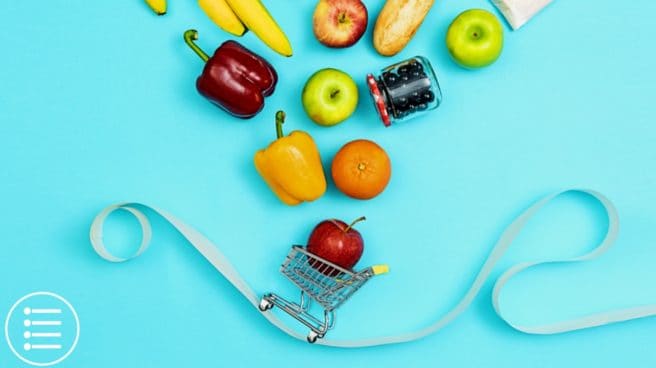
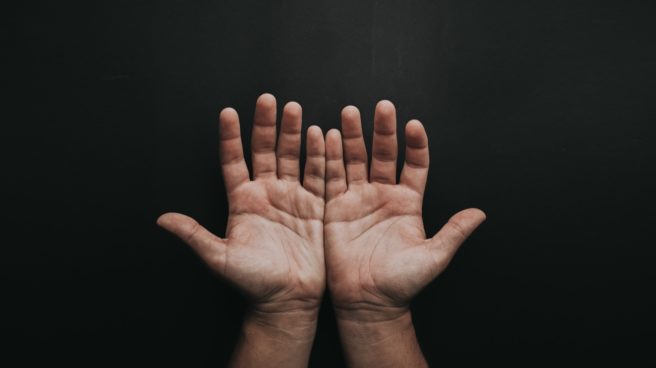
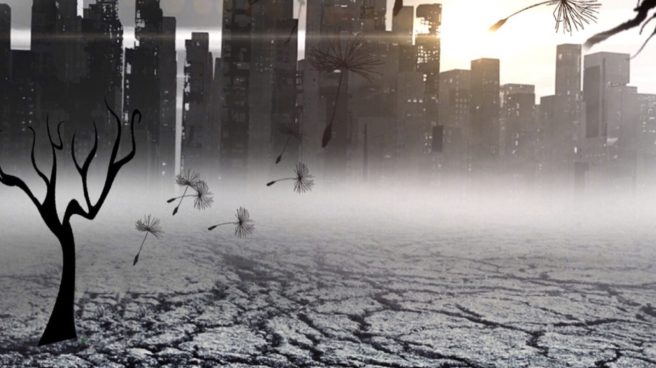
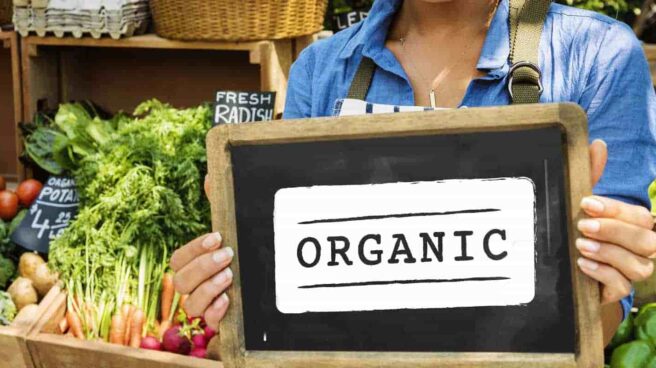
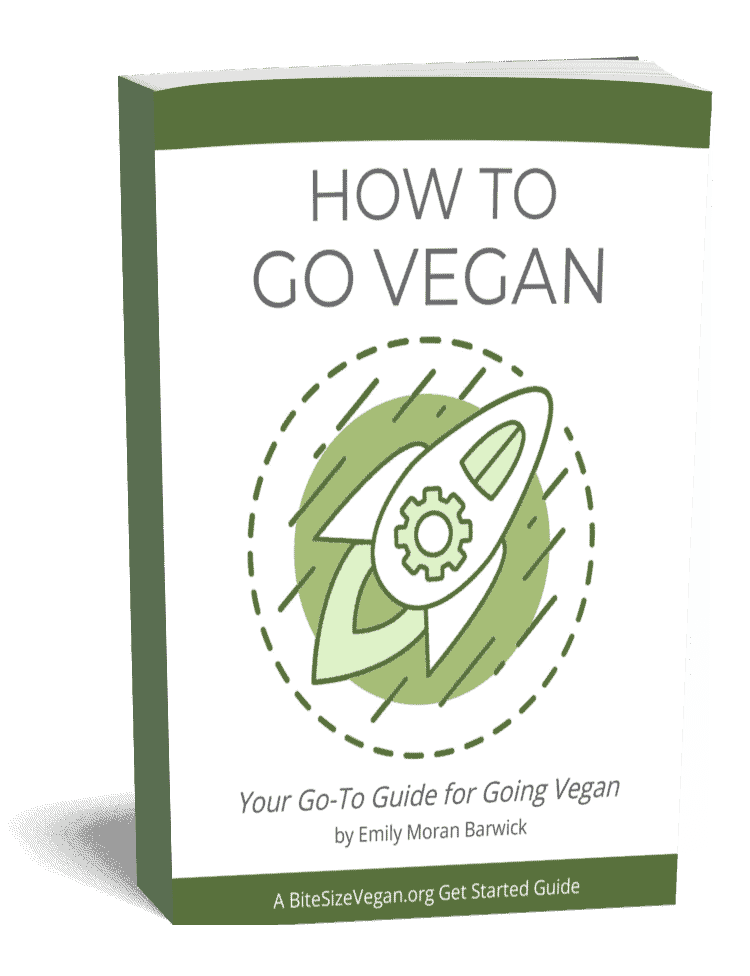
I’ve had gardens for the last 7 years. It’s nice to get the kids out and show them the seeds and see the wonder in their eyes when they see something so small in just a few weeks grow in to a plant. They love watering the plants and picking strawberries. Also when we get large crop we share with our neighbors. I think it’s a great active for multiple generations to do together, cause my kids garden with me and their grandfather.
As a proponent of growing our own food and supporting local growers, I am grappling with the issue of organic growers still using animal inputs. I have been growing my vegetables veganically for the past several years but have not encountered any other local growers doing so. I do not hear this being discussed in the vegan communities I am involved with.
Veganic gardening is the ideal and I hope the future of our food. I hope to do a video exclusively on that topic.